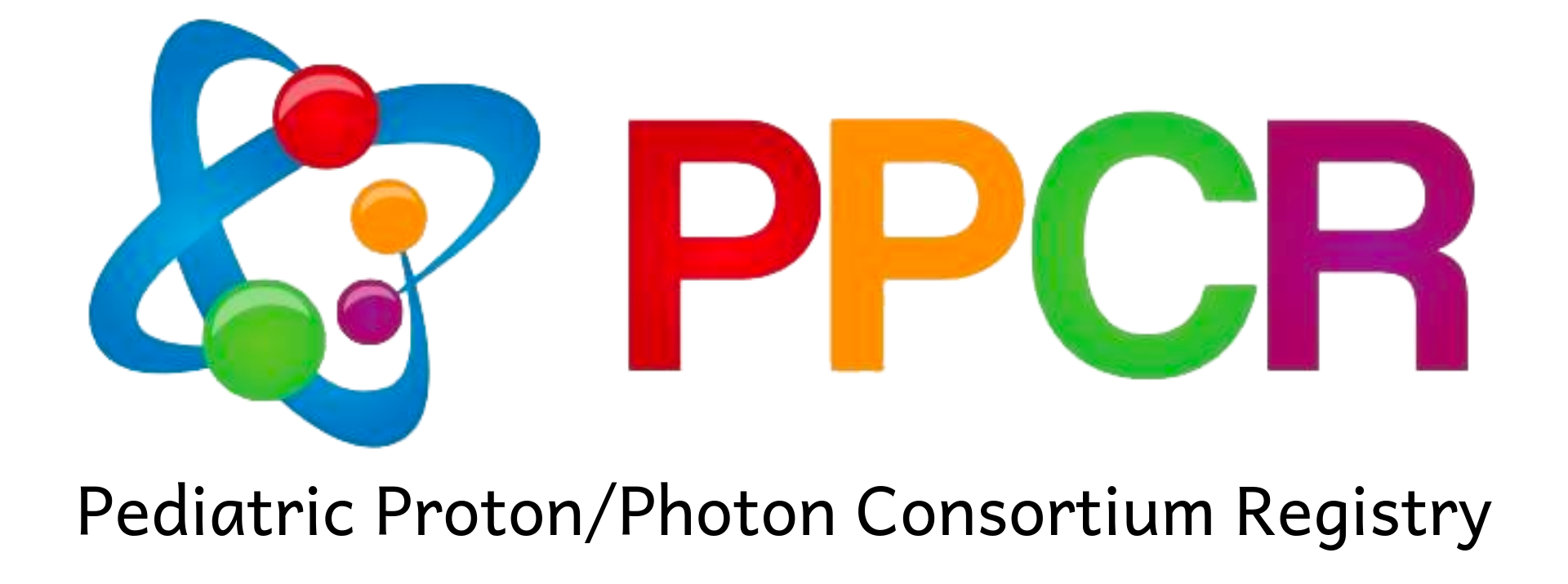Our Mission

The Pediatric Proton/Photon Consortium Registry, or the PPCR, is a research study that aims to learn from every child and young adult treated with radiation. The PPCR is a collaborative effort among 25 radiation centers. Patients under the age of 22 years old are approached about participation. We appreciate all of our participants – there are almost 4,800 of them! Together, our research aims to improve cancer treatments and quality of life in childhood cancer survivors.
Pediatric cancers account for less than 1% of all new cancer diagnoses in the United States yearly. Because pediatric cancers are rare and highly varied, studying treatment outcomes is challenging and limits the ability of any one medical center to amass enough clinical data to generate timely empirical results. It is, therefore, necessary for many centers to work together. Our dedicated research team consents families, performs data entry, and publishes results. There are no specific treatments or tests associated with our study. As a registry, we use observational study methods to evaluate short- and long-term outcomes of any patient treated with radiation, regardless of their diagnosis.
Our data is entered into a web-based data collection platform called REDCap. REDCap is a secure platform supported by the National Institutes of Health (NIH). There are over 1,500 data fields. We collect demographics, diagnosis, treatment, imaging, and symptom data. Participants can also complete quality-of-life questionnaires that allow us to learn more about our patients’ experiences. Radiation plans and imaging are stored in a platform called MIMcloud. This allows us to correlate radiation dose to various areas in the body with symptoms and quality of life outcomes.
